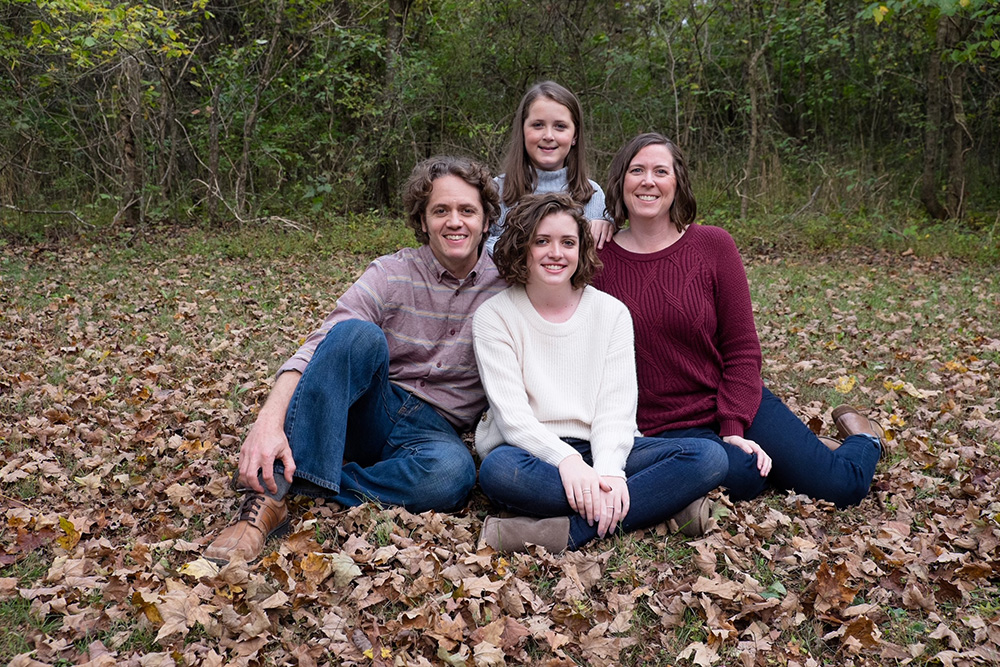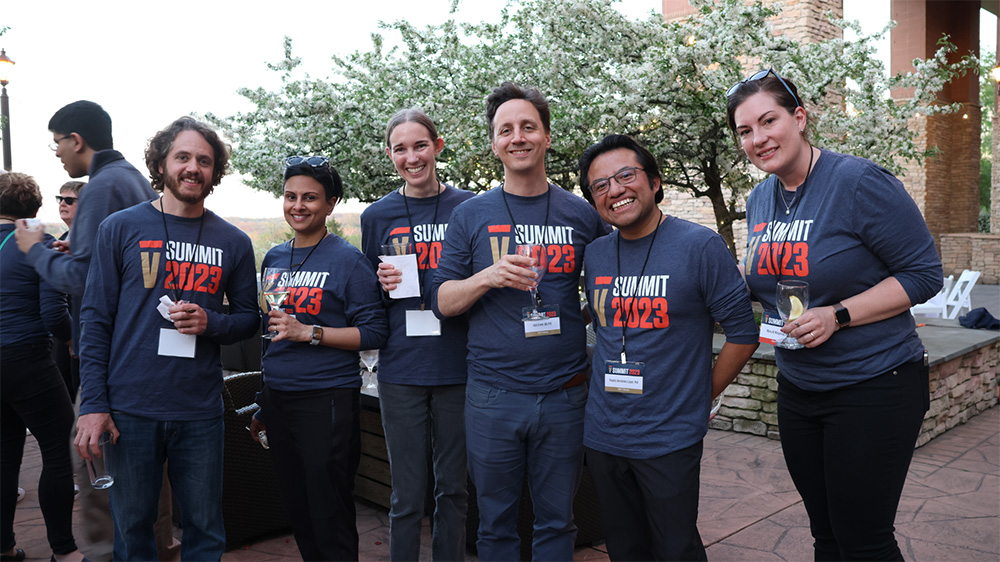Understanding When – and Whether – to Treat Childhood Myelodysplastic Syndrome
Jason Schwartz, M.D., Ph.D., Researching Gene Mutations That Could Help Identify Better Care for Pediatric Leukemia Patients

When not seeing pediatric cancer patients or conducting research at Vanderbilt University, Jason Schwartz, M.D., Ph.D., enjoys being a ‘cool parent’ to his two daughters.
“We don’t try to be cool parents, because we are cool parents,” Dr. Schwartz said while chuckling. “We like to go see concerts together and spend a fair amount of time at the lake wakeboarding and hanging out with friends. Just being together is what we enjoy doing.”
Living in Nashville, Tenn., there are a lot of opportunities for great concerts to attend. One of the most memorable, though, was a NEEDTOBREATHE concert in Memphis. He vividly remembers the pouring rain, being soaking wet, but still very much enjoying the Rock n’ Roll concert with his family .
In addition to being a cool parent, Dr. Schwartz is continuing to push the needle and advance pediatric cancer research. As an Assistant Professor of Pediatrics, Hematology/Oncology, he leads a lab at Vanderbilt studying mutations of the SAMD9 and SAMD9L genes and how that can change the treatment plans for children with myelodysplastic syndrome (MDS).
By studying these mutations, doctors can determine the right treatment approach, because some pediatric myelodysplastic syndrome (MDS) patients with SAMD9 and SAMD9L mutations may not need treatment at all. Understanding these mutations and their impact could prevent young children from undergoing unnecessary treatments like bone marrow transplants that can have long-term adverse effects.
Dr. Schwartz originally became interested in this specific line of research while in his fellowship doing a project on pediatric MDS. Then he learned about SAMD9 and SAMD9L mutations, and it captivated his attention.
For children faced with leukemia, cancer research has helped to tremendously increase survival rates. In the 1960’s, pediatric leukemia patients’ survival rates were less than 10%, while today it is nearing 95%. This amazing advancement is connected to the power of cancer research.

But, while leukemia rates have improved, there are many other pediatric cancers that have not seen advancements and are in dire need of more research. Dr. Schwartz credits the V Foundation for jumpstarting his career as a young researcher, along with many other researchers. Investment from the V Foundation is often leveraged to receive additional funding, because of the V Foundation’s stellar reputation in the science community and beyond.
Dr. Schwartz described funding cancer research as an insurance policy of helping children and grandchildren down the road. When seeing patients, thoughts of his family often put things in perspective.
“The area of pediatric research and funding is very important because there are long lives to be saved. Unfortunately, when a life is lost very young, it’s a lot of life lost and the families certainly feel that.”
Part of Dr. Schwartz’s “why” is very personal. In the clinic, it’s hard not to put yourself in parents’ shoes, seeing their children battle cancer. But he shares a unique bond with his patients.
“I myself am a cancer survivor of childhood leukemia,” Dr. Schwartz said. “That not only certainly is a big driving force in why I want to understand the basic biology of these malignant diseases, but then that also changes my outlook as a father, as a physician treating my patients.”
“I’m very happy to share with them that I am some of the growing numbers of cancer survivors, pediatric cancer survivors. The ability to say that is 100% because of foundations like the V Foundation and other researchers pressing the needle forward.”
Researchers before Dr. Schwartz found treatments and cures that saved his life when diagnosed with leukemia as a teenager. Now, he’s hoping his research will help others.
“It makes it a little bit easier knowing that maybe one day there’s a family that’s going to benefit from the research that I did, that was funded by foundations like the V Foundation.”




